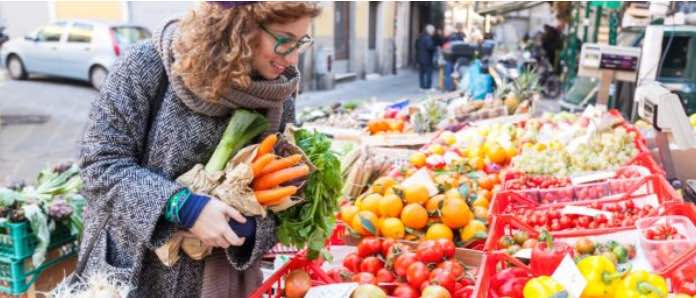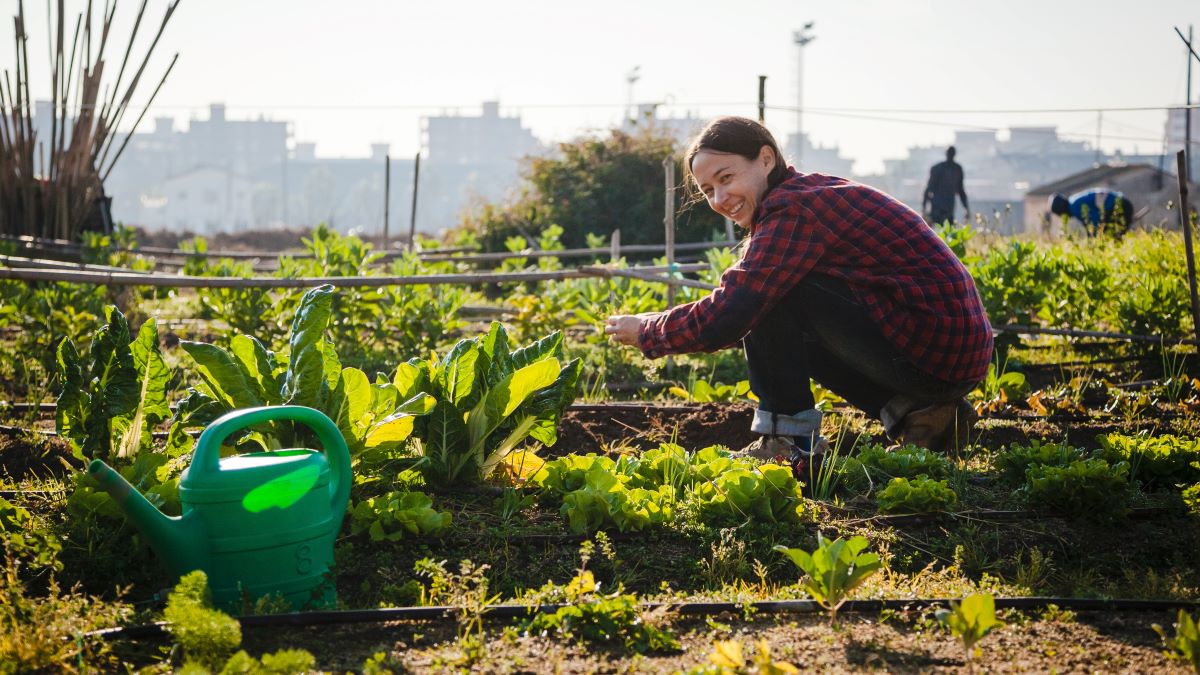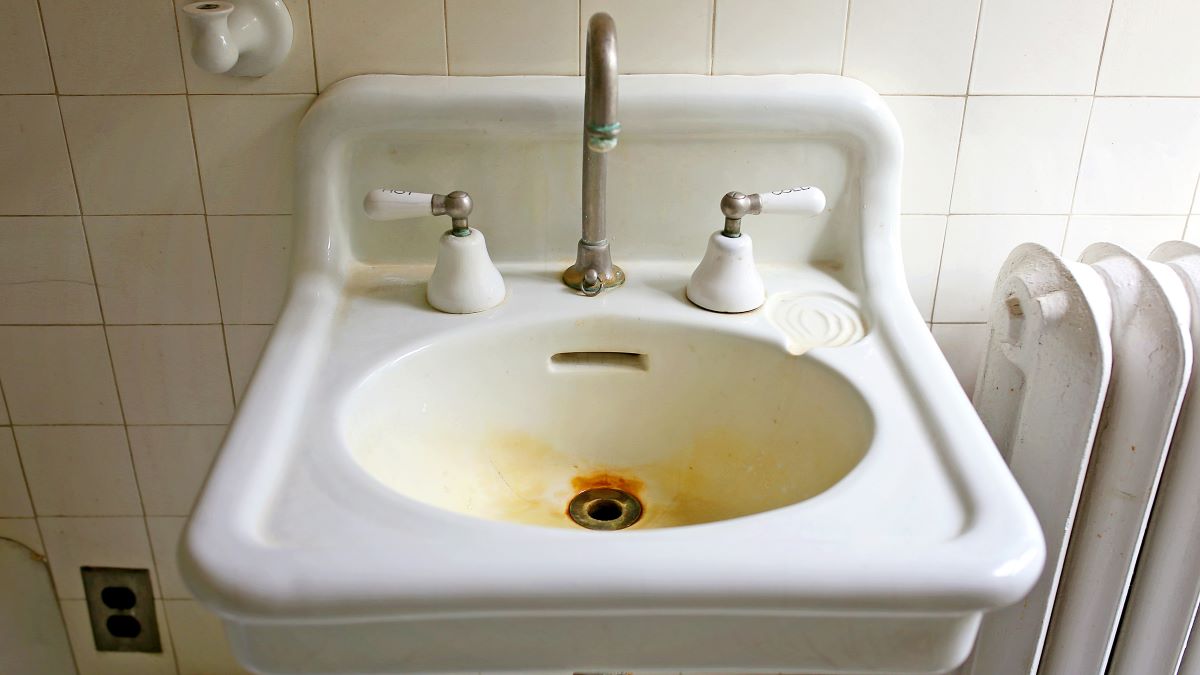Nearly 40% of food is wasted from farm to landfill in the U.S. Yet, one in eight Americans is food insecure. Although some waste happens behind the scenes at farms and warehouses, much of it happens in our kitchens.
Enormous resources are dedicated to growing, processing, packaging, transporting, and refrigerating food. Reducing food waste can have a significant impact on our budgets and the planet. Let’s explore how better planning can help reduce food waste.
Plan Before Shopping
Take inventory of your fridge and cupboards before buying groceries. This is especially important for perishable items. Create a meal plan with items you already have, then buy just what you need. When possible, shop the bulk isles to avoid container waste and buy precisely the quantities you can use.

Keep in mind that certain produce lasts longer than others. Lettuce, berries, and herbs may last just days, while apples, onions, and potatoes can last weeks or months when properly stored. When purchasing highly perishable items, make a plan for using them right away.
Organize Your Fridge
Do you ever end up with moldy science experiments at the back of the fridge? Do delicious foods get hidden and then spoil? If so, examine how your refrigerator is organized.
Set up an “eat now” shelf or place more perishable foods within clear sight. Focus your meal planning and snacking on the eat-now items and take a moment to rearrange food to keep perishables easily accessible on the eat now shelf.
Turn up the humidity settings for produce drawers that contain veggies and turn them down in drawers of fruit. Because the door of the fridge tends to be warmer, iuse it to store foods less perishable foods such as condiments. Store more perishable items, like meat and milk, on the lower shelves where it tends to be cooler.
Embrace Your Freezer
Although frozen foods sometimes get a bad rap, the freezer can be an excellent tool in cutting food waste.
Because fruits and vegetables are often frozen at the peak of freshness, their nutrient profiles are nearly identical to fresh fruit. Frozen produce makes it less essential to keep a stock of fresh fruits and veggies that could spoil. When you find yourself with foods that will likely spoil, like ripe bananas or a pot of soup, freeze them to keep them better for longer.
Support Your Farmers’ Market
The produce at farmers’ markets tends to be super fresh and has not traveled long distances to get to your plate. The fresher the produce, the longer it will last. If you do purchase fruits and veggies from the grocery store, examine it for freshness first.
Host a Zero-Waste Dinner Party
Preparing food for guests often results in food waste. You might prepare special recipes that require a little bit of an ingredient that you aren’t likely to use up, such as herbs or sauces. The food might sit out too long, making it questionable to eat as leftovers. Many cooks prepare too much food, resulting in waste if not stored properly and consumed later.
Whenever possible, get a firm guest count. Then, use the guest-imator tool to calculate the right amount of food. Create a plan for leftovers and consider sending some home with guests if you have more than you can consume. Refrigerate perishable foods, especially meat and dairy products, within two hours.
The post Plan Ahead To Reduce Food Waste appeared first on Earth 911.








